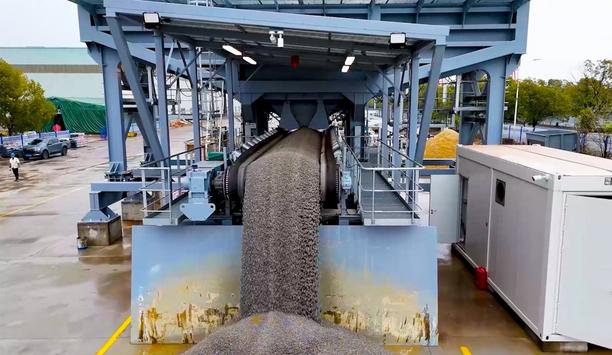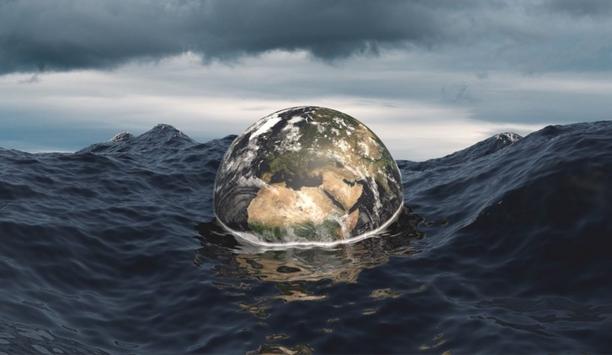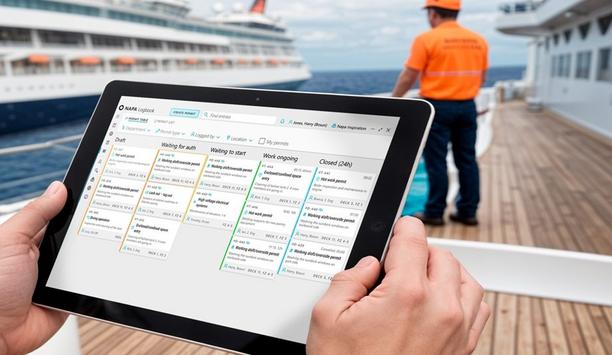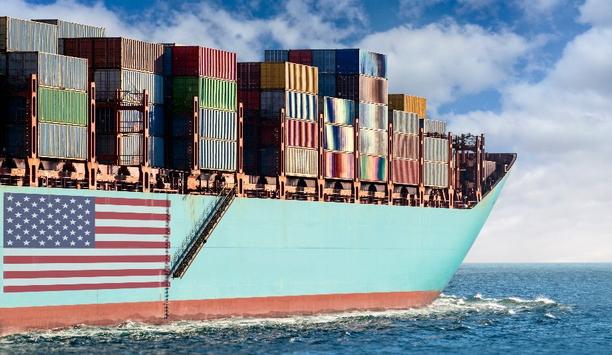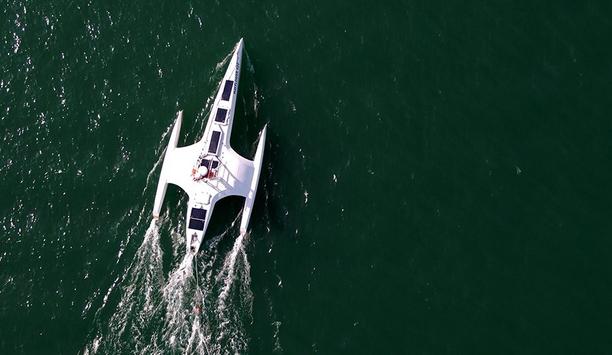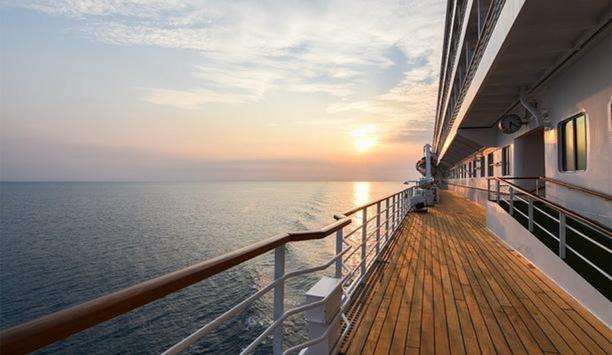Crews - Harbour insights
Traditionally, bulk cargo unloading has faced challenges around operational efficiency, safety risks, environmental impacts, and high operational costs. Rough discharges, equipment wear, vibration damage, and limited weather operating windows have all constrained vessel utilisation and performance. Moreover, older unloading systems are energy-intensive and labour-dependent, increasing both costs and environmental footprint. Cargo unloading systems Many bulk cargo unloading systems depend on...
Ammonia is gaining traction as a future fuel in the maritime industry, primarily due to its potential to significantly reduce greenhouse gas emissions. A key driver for ammonia's interest is that it can be carbon-free when combusted, which aligns with the maritime industry's increasing pressure to meet emissions regulations. However, most ammonia production currently relies on fossil fuels. Transitioning to "green ammonia" production is crucial for sustainability. If "green ammonia" is produced...
Trusted by more than 3,000 ships worldwide, NAPA’s Safety Solution software has promoted ship safety and operational efficiency for 35 years, working closely with customers. NAPA's solutions aim to positively impact the maritime industry by simplifying and streamlining onboard and shoreside operations through digitalisation, reducing errors and workload for seafarers, enhancing safety, and enabling more sustainable decision-making. Paper-based system challenges “Historicall...
The maritime industry is taking important steps to improve cybersecurity, catching up rapidly by introducing other industries' best practices into information technology (IT) and operational technology (OT) onboard vessels. Work remains to be done to ensure a cyber-resilient worldwide fleet of maritime operations. The way forward is through collaboration among all major stakeholders. Remote-controlled and autonomous ships In the future, the marine industry will increasingly use remote-control...
Augmented reality (AR) is making waves across various industries, and maritime is no exception. For maritime professionals, AR offers practical, real-time solutions that enhance safety, optimise operations, and improve decision-making both at sea and onshore. Whether it’s helping crews navigate complex environments, assisting in ship maintenance, or providing on-the-job training, AR’s ability to blend digital information with the physical world is proving invaluable in the fast-pac...
Offshore wind farms are a major component of the future of clean energy, and the share of electricity generated by offshore wind turbines will increase as the global community works to minimise carbon emissions to achieve net zero by 2050. Current expectations for the vast expansion of energy production from offshore wind farms may lead to environmental impacts and ecological risks to marine ecosystems. Maritime consequences The increase in offshore wind farms will also have broad conse...
Millions of cargo containers are transported each year, and only a tiny fraction are lost at sea. However, the number of lost containers has increased in recent years, propelled by high-impact incidents that skewed the numbers upward. Factors impacting the higher number of lost containers include more violent weather events (due to global warming) and rough seas. Stresses on the global supply chain have led to higher numbers of containers loaded per ship and possibly less care being taken when...
Even in the waning days of the COVID pandemic, infectious diseases aboard cruise ships continue to be a cause for concern. Aggravating the challenge is a combination of crowded conditions, vulnerable (i.e., older) passengers, and the need for a fast turnaround once a ship is docked (thus providing limited time for sanitation protocols). While passengers tend to originate from affluent countries, where infection rates are low and vaccinations are common, crew members may come from developing co...
Protecting undersea infrastructure has taken on more urgency and a higher profile in the wake of explosions on September 26, attributed to sabotage, that damaged the Nord Stream 1 and 2 pipelines that carry Russian gas across the Baltic Sea. Seismic data from Sweden and Denmark point to forceful undersea explosions around the pipelines, which are owned by Gazprom, Russia’s state-controlled energy company. Safeguarding critical infrastructure The entire undersea network of pipelines and...
Fires are among the biggest threats to seagoing vessels, despite the irony of the vessels being surrounded by water. Fire threats are especially serious given that receiving outside assistance is impossible, or at least very time-consuming. Evacuation is also problematic in the middle of the ocean. Not surprisingly, electrical fires make up around half of the incidences of combustion onboard ships – electrical systems and water are a dangerous combination. Other fires come from flammable...
The Jones Act, also known as the Merchant Marine Act of 1920, has been in the news recently, both as an element in the supply chain muddle and related to the U.S. ban on Russian oil and gas. The Jones Act requires that ships operating between ports in the United States of America be constructed in the U.S., fly the U.S. flag, be owned by U.S. citizens, and be crewed only by U.S. citizens and U.S. permanent residents. The Jones Act The law was introduced by Senator Wesley Jones (R-Wash.) and be...
Pollution from microplastics poses a threat to the marine environment and synthetic ropes used by maritime vessels are a source of the contamination. Research is ongoing into the specific impact of pollution. Meanwhile, the development of biodegradable fishing gear is one solution, but greater awareness is needed to tackle the problem holistically. The impact of ropes on the ocean The University of Plymouth’s International Marine Litter Research Unit is studying the impact of ropes on ma...
Backlogged ports, a shortage of shipping containers and not enough workers are among the factors contributing to supply chain disruptions that have led to shortages of various goods and are likely to impact availability of merchandise, during the upcoming holiday season. Demand is growing rapidly as the impacts of the COVID-19 global pandemic have diminished. However, lingering consequences of the pandemic are continuing to impact the container shipping market. With each element in the system t...
Shipment of goods around the world has continued throughout COVID-19, but the pandemic has afforded unprecedented challenges to the maritime industry. When the pandemic necessitated health restrictions and limited international travel, the impact on crew change practices was monumental. More than a million seafarers work in demanding conditions to support 80% of world trade. Crews were trapped on board vessels for months and months, unable to return home and extending their tours of duty indefi...
The Mayflower departed from Plymouth, United Kingdom, this June with the intent of retracing the route of its famous historical namesake. The difference is that, in the case of the modern Mayflower, there was nobody on board the vessel, which operates autonomously. The vessel is able to assess the current environment, identify and avoid hazards, and maintain situational awareness using the ship’s edge computing technology. The Mayflower Autonomous Ship (MAS400) is a project of the marine...
The cruise ship industry has cracked the code on keeping passengers and crew safe from the coronavirus (COVID-19) spread, including changes to on-board HVAC systems, to use more outside air and to filter out particles as small as the novel coronavirus. The industry, which voluntarily suspended worldwide operations at the beginning of the COVID-19 pandemic, under the guidance of international and national health authorities, plans to resume worldwide operations fully later in 2021. Health proto...
